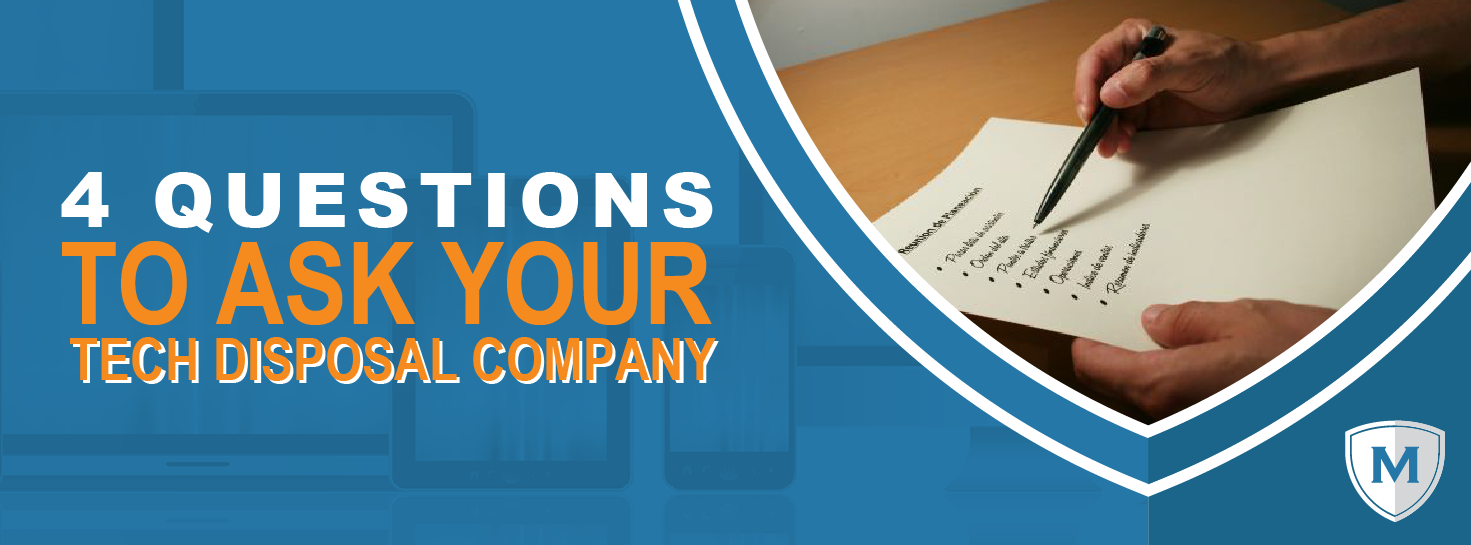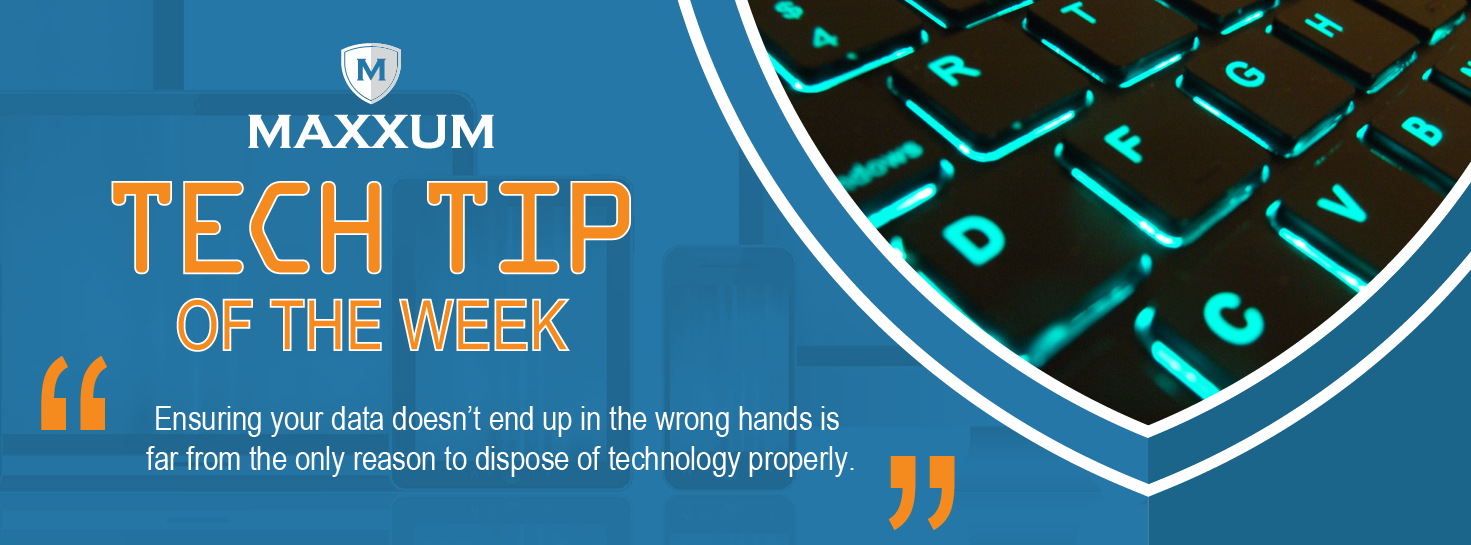Panama Papers are Biggest Data Leak Yet
April 11, 2016If cyber hackers can unearth the financial secrets of Russian President Vladimir Putin, do you really think your company is safe from the same thing?
Panama Papers: “History’s Biggest Data Leak”
News of the “Panama Papers” is filling newspapers and websites across the globe this week, in what The Guardian is calling, “History’s biggest data leak”.
Hackers have unearthed the financial secrets of some of the world’s most powerful people, detailing the secrets of how many international politicians, business leaders and celebrities have used the Panamanian law firm Mossack Fonseca, the fourth-largest offshore law firm in the world, unseemly financial transactions.
The Panama Papers are 11.5 million documents taken from the files of Mossack Fonseca by an unnamed source and turned over to a German newspaper. Information from this leaked data continues to spill out and the repercussions already include the prime minister of Iceland resigning on April 5, the president of Transparency Chile, a branch of a global anti-corruption group, stepping down on April 4, and the CEO of large Austrian bank resigning on April 7.
Others named involved in the massive data breach were the presidents of Argentina and the Ukraine, the prime minister of Pakistan, a king from Saudi Arabia, the former emir of Qatar, and Argentine soccer star Lionel Messi. A Russian cellist who’s a close confidant of Putin has also been named in the documents.
As the fallout from this massive data leak continues to reverberate literally around the world, it’s a great reminder that every company is at risk of a data breach. If the world’s richest and most powerful people can have their most confidential information hacked, cyber hackers can seemingly get anywhere they set their minds too.
Is your company safe?
While up to nearly half of all organizations experienced a data breach in the last year, a recent report by AIIM (Association for Information and Image Management) showed that a quarter of respondents felt that their senior managers did not take the risks of data privacy breaches seriously.
This report comes on the heels of a 2015 IBM survey of more than 700 C-level executives, almost three-quarters of CEOs believed that ‘rogue individuals’ as the largest threat to organizations—the truth is 80% of cyber attacks are led by highly organized crime rings.
Too many C-level leaders have their hand in the sand and move forward with an “It won’t happen to us” mentality.
Protect your company and be proactive. Your data is everywhere these days—on hard drives and paper at the office, with volumes of information on laptops that move in and out of the office, on mobile devices and cloud storage—these are all entities that need to be managed from the C-level on down.
IBM’s study revealed that almost two-thirds of C-level executives in marketing, human resources and finance departments acknowledge they are not actively engaged in cyber security strategy and execution. Cyber security is at a point now where it simply has to go beyond the IT department. Criminals are targeting any department where personally identifiable and financial information resides.
Senior managers have to commit to information security before an organization can fully adopt a culture of security. Employees will follow the example set by their managers.
The Panama Papers put another spotlight on cyber security. Even the most rich and powerful are at risk.








